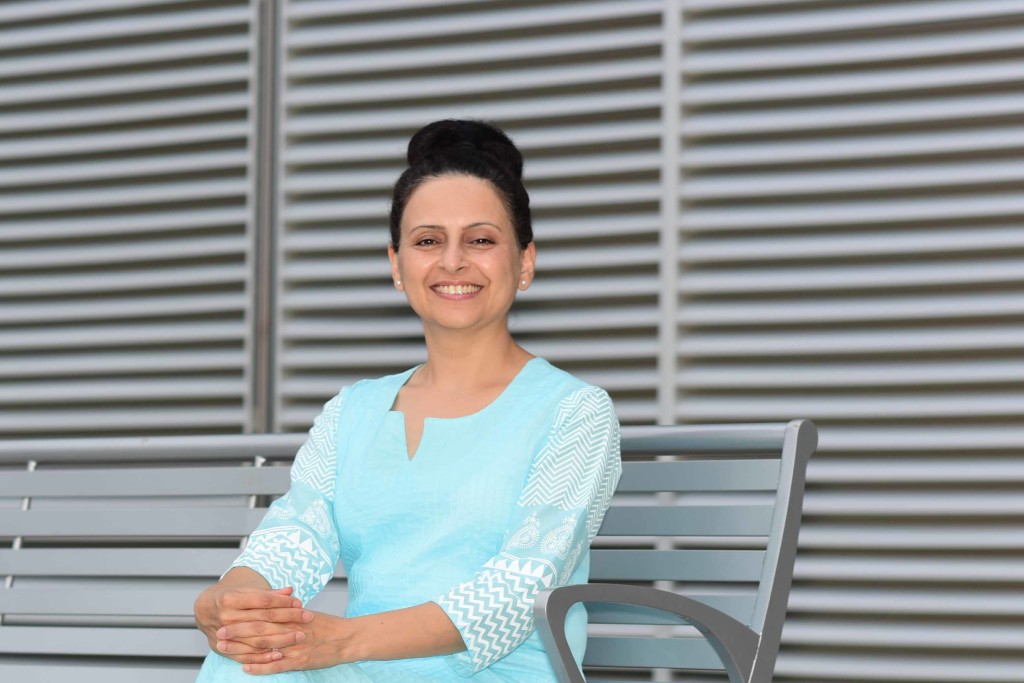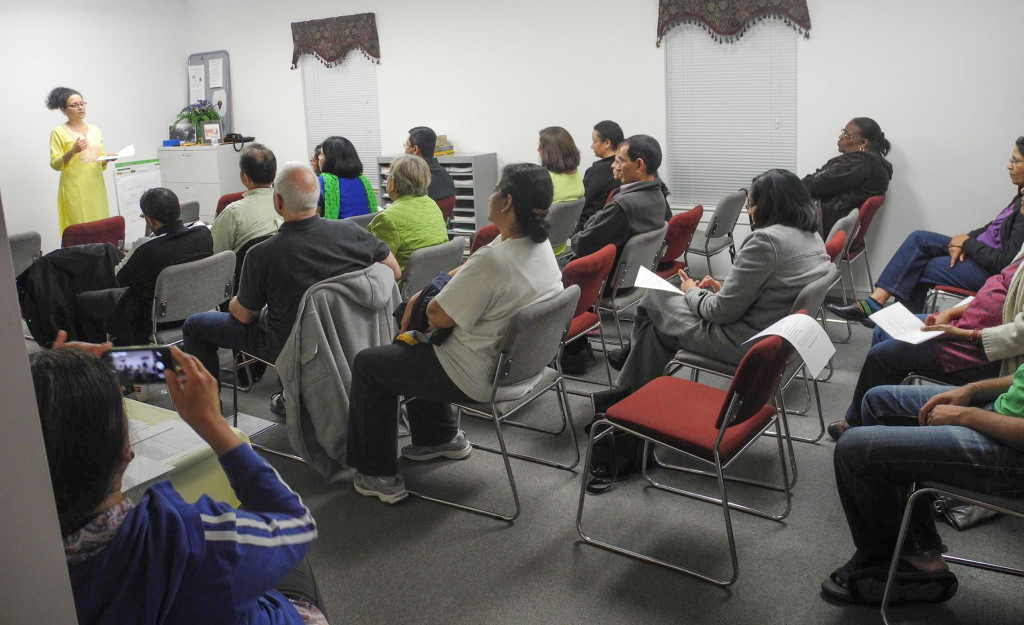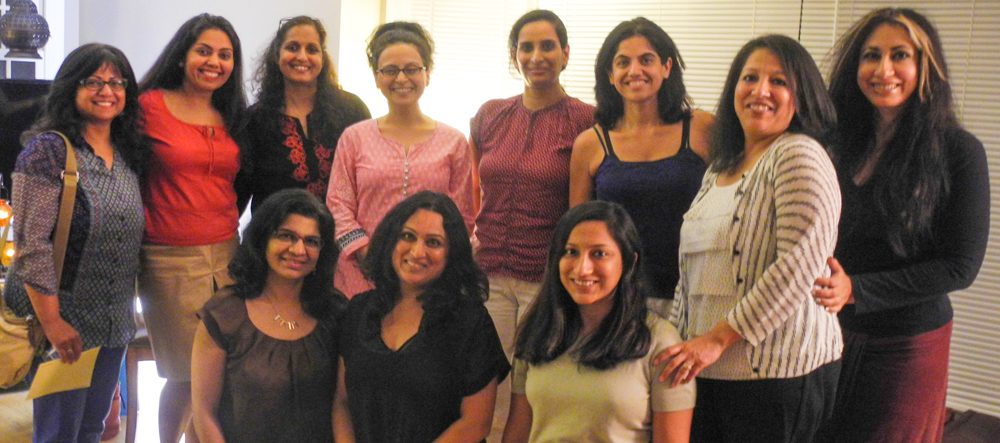 What is Anger?
What is Anger?
First, let’s understand what is Anger. Anger is considered one of the primary emotions along with Happiness, Fear, Love, and Sadness. Anger is a strong feeling of annoyance, displeasure, or hostility. As human beings, we will feel this emotion every now and then just like any other emotion. Its a common problem among us no matter who we are, and which developmental stage of life we are in. Few reasons that make us angry are:
- unable to express ourselves
- can’t stand up for ourselves
- can’t say “No” appropriately
- feel defeated
- feel insufficient
- feel rejected
- feel disrespected
It is important to understand the three ways that we manifest anger before we learn to manage it with the help of Mindfulness:
- Physical expression: muscles tensing, racing heart, having high blood pressure, and breathing heavily
- Cognitive expression: Perceiving and thinking about our experiences in inappropriate ways, feeling of unfairness or that wrong was done to us (“I deserved better”)
- Behavioral expression: Slamming doors, clenching fists, raising our voice, or any other threatening gesture
There is nothing wrong with feeling angry due to a real or perceived negative action of others, after all it is a primary emotion. However, the inability to recognize anger and manage it appropriately (response vs reaction) is unacceptable. This emotion surfaces whenever there is a trigger in our surrounding. We have to figure out a way to recognize these triggers (and their root causes). Mindfulness can surely help!!
Mindfulness
Do you ever wonder how certain individuals remain calm or in control? I can tell you that those people have been practicing Mindfulness as a tool to respond to their triggers along with other coping skills. They have also made mindful efforts to build their self-esteem. We can do that as well!
Practicing mindfulness is being aware of ourselves, our surroundings and others; it’s one of the best tools to keep calm and stay in control. Read more about Mindfulness in my previous blog.
Being mindful we understand the difference between our reaction or response to any trigger. An example of a response, when angry instead of flipping out or harming ourselves or others, we can remove ourselves from the situation or/and talk to a reliable person. We feel better while venting and eventually can focus on our problems, dissect them, and find solutions. On the other hand, when we mindlessly react, we loose control on ourselves and eventually the situation makes us angrier. Many cases of accidents, road rage, crime, abuse, or violence are result of mismanaged anger. We can manage it by practicing Mindfulness in our daily lives.
Mindfulness helps us get in touch with ourselves and recognizing that we may not be managing the emotion of anger. If you have already recognized it then you will want to know what are the triggers causing anger. Once you are clear, start working on yourself Mindfully. Look for antidotes for your triggers, reach out for help, and practice mindfulness by slowing down; observing; meditating and remembering to use coping skills until they become your habit.
Feel free to email me if you have any questions or comments.

 The morning calmness stills me
The morning calmness stills me
